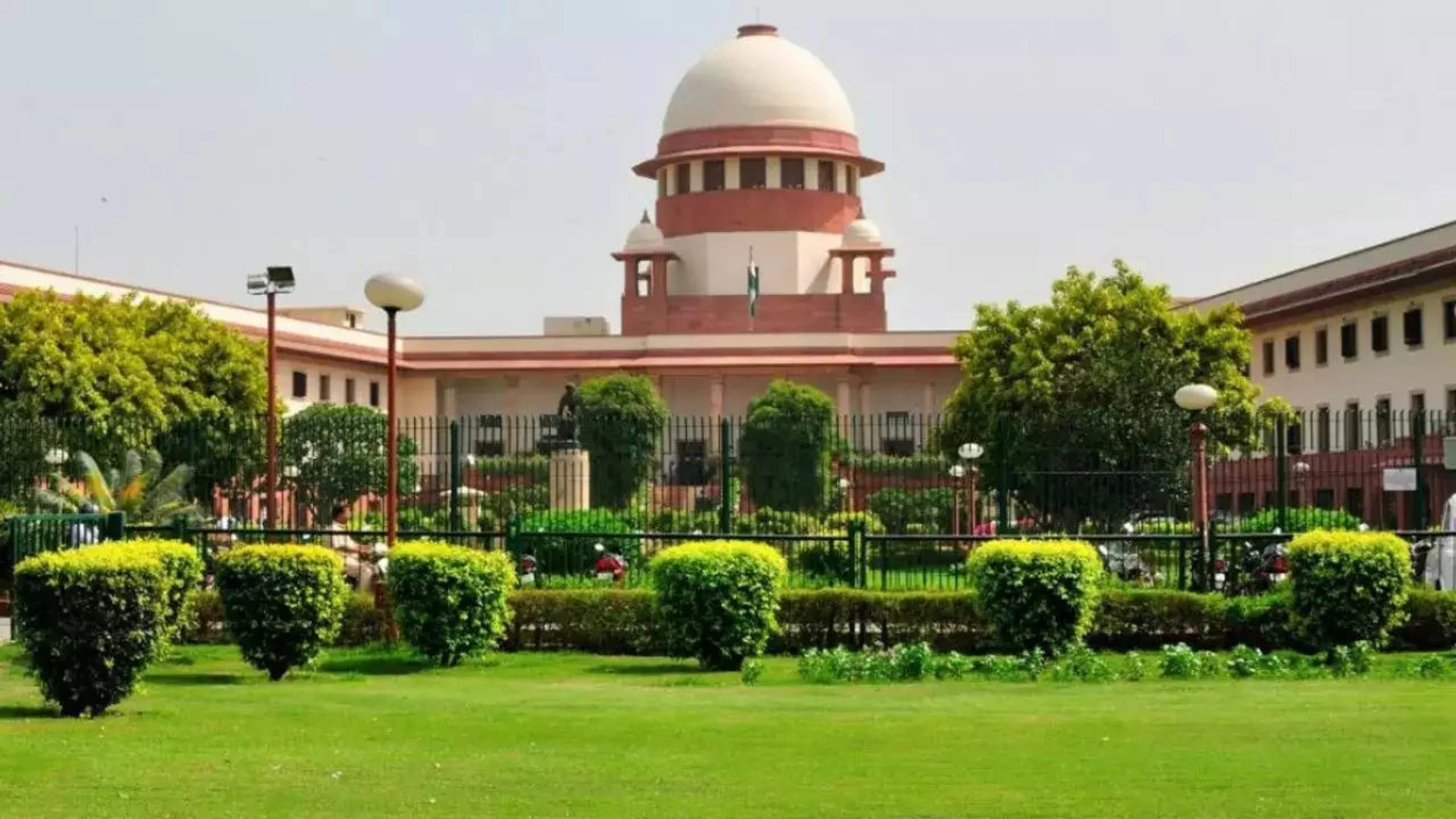The Supreme Court of India has reaffirmed that doctors are liable under the Consumer Protection Act, 1986, by rejecting a petition that sought a review of its previous decision. The petition challenged the May 2023 ruling, which refused to reconsider a landmark 1995 judgment that made medical practitioners accountable under the Act for deficiency in services.
1995 Judgment and Its Impact
In 1995, the Supreme Court ruled in the case of Indian Medical Association vs. V.P. Shantha & Ors that medical services fall under the Consumer Protection Act. This decision allowed patients to file complaints against doctors and hospitals for medical negligence or poor service. It significantly impacted the medical profession, as doctors could now be held legally responsible for lapses in treatment.
SC Rejects Review Petition
A three-judge bench, comprising Justices B.R. Gavai, Prashant Kumar Mishra, and K.V. Viswanathan, reviewed the plea filed by the Medico-Legal Society of India. After thorough examination, the bench stated, “We do not find any justifiable reason to entertain the review petition. The petition is dismissed.”
Contradictory Views on Professional Services
Earlier, in May 2023, a two-judge bench of Justices Bela M. Trivedi and Pankaj Mithal ruled that advocates cannot be held liable under the Consumer Protection Act. This raised a question about whether the same should apply to medical professionals. The bench suggested that its 1996 ruling, which held that medical professionals were accountable under the Act, needed reconsideration.
However, in November 2023, a three-judge bench took a different stance. They ruled that the 1995 decision on doctors does not need to be reviewed, stating that while the liability of other professionals could be examined in future cases, medical services clearly fall under the Act.
What the Law Says
The Consumer Protection Act, 1986, defines “services” to include those provided by doctors through consultation, diagnosis, and treatment (both medicinal and surgical). However, services provided free of charge or under a personal contract are not covered under the Act.
Conclusion
With this decision, the Supreme Court has reinforced patients’ rights to seek justice for medical negligence. The ruling ensures that doctors and hospitals continue to be held accountable for their services under consumer protection laws in India.
